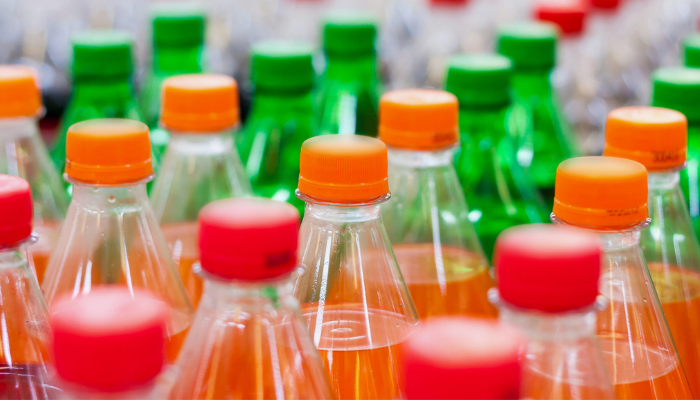As we commemorate the 2023 World Health Day, it is an opportune moment to reflect on the state of healthcare and access to medical services around the world. According to a report by the World Health Organisation (WHO) in 2022, access to quality healthcare remains a challenge for many individuals worldwide, particularly those living in low-income areas.

With limited resources and overwhelming demand for healthcare services Nigeria’s health systems have struggled to meet the needs of its population. The pandemic has exposed the vulnerabilities and inadequacies of the country’s health systems, underscoring the urgent need for reform and investment.
One critical aspect of equitable healthcare is ensuring that everyone has access to affordable and high-quality healthcare services. Regrettably, this is not the case in many parts of the world, including Nigeria. It is therefore understandable that many experts are calling for increased funding for healthcare, including through the retention and increase of the excise tax on sugar-sweetened beverages (SSBs).
SSBs have been linked to a range of health problems, including obesity, diabetes, and heart disease. International Diabetes Federation (2019) noted that increasing taxes on sugar-sweetened beverages can positively impact public health outcomes, including reducing the risk of non-communicable diseases like diabetes. Governments can generate additional revenue that can be used to fund healthcare services and improve access to care for all by increasing taxes on these beverages.
In Nigeria, an excise tax of N10 per litre on SSBs has already been implemented, aiming to increase the final retail price of SSBs, thereby reducing demand and consumption and promoting healthier beverage choices. However, the current tax is short of the globally recommended standard of at least a 20% tax on the final retail price of SSBs.
The evidence on the effectiveness of SSB tax in reducing SSB consumption and improving public health outcomes is clear. Studies from over 80 countries that have implemented SSB tax policies have shown significant reductions in SSB consumption, particularly among low-income populations.
Additionally, the SSB tax can generate additional revenue that can be ploughed back into the healthcare systems and have a positive economic impact on society. A publication by the Centers for Disease Control and Prevention (2021) highlights the effectiveness of SSB taxes in reducing SSB consumption and generating revenue for public health programmes.
Despite these benefits, SSB tax policies have faced opposition from the manufacturing industry. However, research has shown that the revenue generated from the tax can be used to fund public health programmes, especially non-communicable diseases (NCD), including obesity, which is a risk factor for diabetes and cardiovascular diseases, and support the transition to healthier beverage alternatives. By increasing the tax on SSBs, Nigeria can generate additional funds for healthcare and improve access to essential health services for all.
It is essential to note that increasing the tax on SSBs is not the only solution to improving public health outcomes. Nigeria should also invest in public education campaigns on the risks of consuming SSBs and promote the availability of healthy beverage alternatives. Furthermore, measures should be taken to improve access to safe drinking water and reduce the consumption of sugary drinks in schools and public institutions across the country.
As we celebrate this year’s World Health Day, let us advocate for equitable access to healthcare, including increased funding for healthcare services and the implementation of policies such as SSB taxes. Together, we can build a healthier Nigeria where everyone has access to the care needed to live a healthy and productive life. Let us join forces to advocate for these policies and interventions and help create a better future for ourselves and future generations.
By Opeyemi Ibitoye
